China conducts fresh military drills around Taiwan as tensions grow
China has reportedly conducted military exercises around Taiwan as tensions grow over US provocations, including visits by top American officials to Taipei.
Chinese state broadcaster CCTV, citing a spokesman for China’s People’s Liberation Army Eastern Theatre Command, reported on Friday that the drills are part of the routinized military operations put in place in response to the new situation in the Taiwan Strait.
Recent visits by US officials to Taiwan have provoked China’s anger, with Beijing calling them Washington’s direct interference in its internal affairs.
China has repeatedly warned that any threat against its territorial integrity is playing with fire and will be faced with the Beijing government’s firm response.
The military drills were carried out while Taiwan is pressing ahead with a plan to significantly increase its military budget for the next year.
Taipei on Thursday unveiled a military budget of $19.41 billion — nearly 15 percent of total government expenditure — for 2023, proposed by Taiwanese president Tsai Ing-wen’s cabinet.
The proposed budget needs approval by the island’s parliament.
According to Taiwan’s Directorate-General of Budget, Accounting and Statistics, the total budget includes funding for new fighter jets and other equipment to enhance naval and air capabilities.
“To protect national security, the overall defense budget for next year will reach Tw$586.3 billion to a record high,” a cabinet spokesman quoted Taiwanese prime minister Su Tseng-chang as saying.
The ambitious budget marks a sharp rise compared with increases of about 4-5 percent in recent years.
Tsai said the island would not change under “pressure or threats” from China. “At the same time, as a responsible member of the international community, Taiwan will not provoke incidents nor escalate conflicts,” she said.
China has sovereignty over Taipei, and under the internationally-recognized “one-China” policy, nearly all countries recognize that sovereignty, meaning that they would not establish diplomatic contact with its secessionist government.
The US, too, professes adherence to the principle, but in violation of its own stated policy and in an attempt to irritate Beijing, Washington courts the secessionist government in Taipei, supports its anti-China stance, and supplies it with massive amounts of armaments.
Earlier this month, US House Speaker Nancy Pelosi stirred controversy when she made a trip to Taipei and met with its president in what had been meant to be an affront to Beijing. China reacted by asserting its sovereignty and holding military drills around Chinese Taipei for several days.
Shortly afterward, a group of Canadian lawmakers said they were planning a visit of their own to the self-ruled island, drawing warnings by Beijing against provocation.
VIDEO | 85% of Yemeni displaced people face daily hunger crisis
US House passes bill targeting charities and pro-Palestine groups
VIDEO | Supporting Gaza genocide
Hezbollah attacks Israeli forces after Lebanese homes blown up
World leaders, states hail ICC arrest warrants for Netanyahu, Gallant
MP: US accountable for possible Israeli 'foolishness' to attack Iraq
VIDEO | Israeli policies strangle Palestinian agriculture, economy
Iran's president offers condolences to Pakistan over terrorist attack


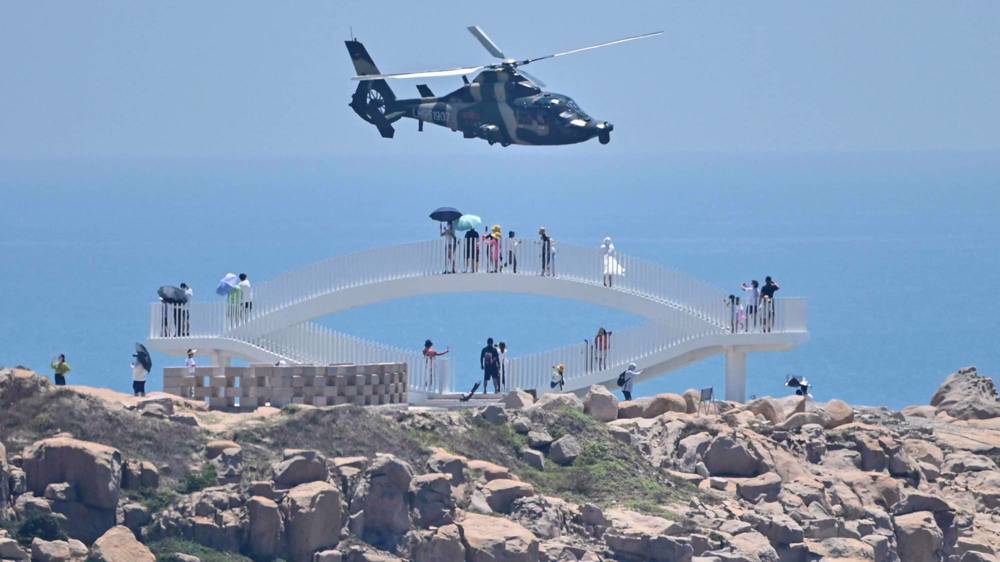

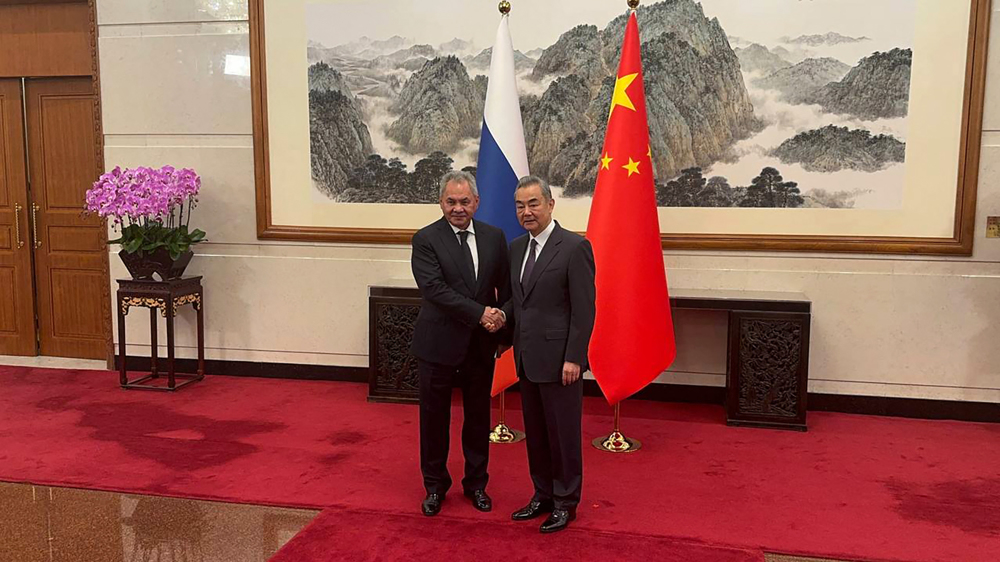
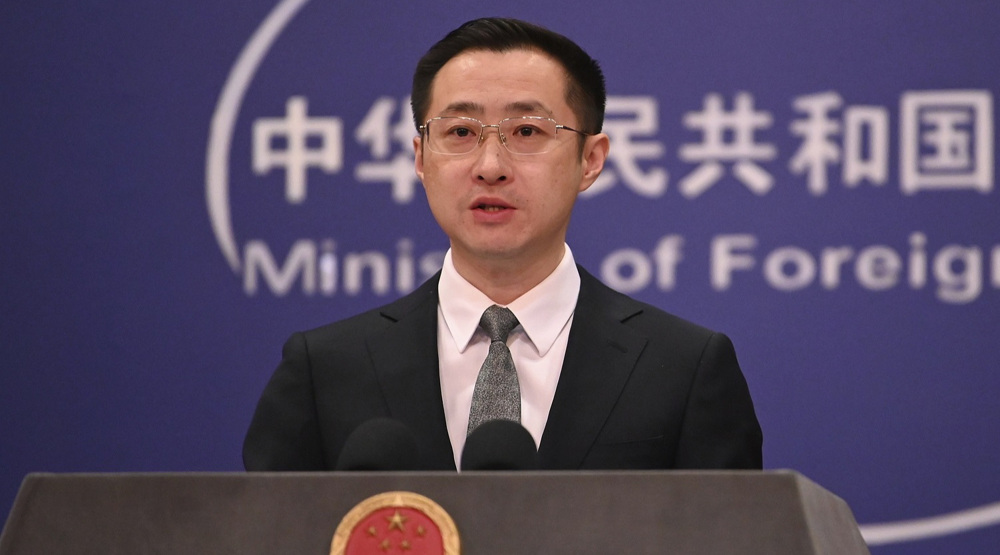
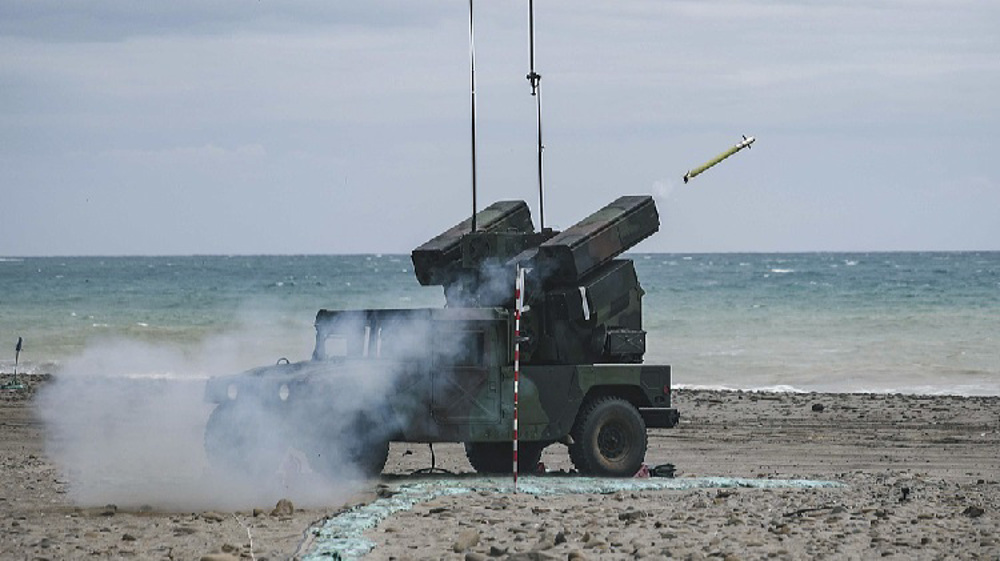




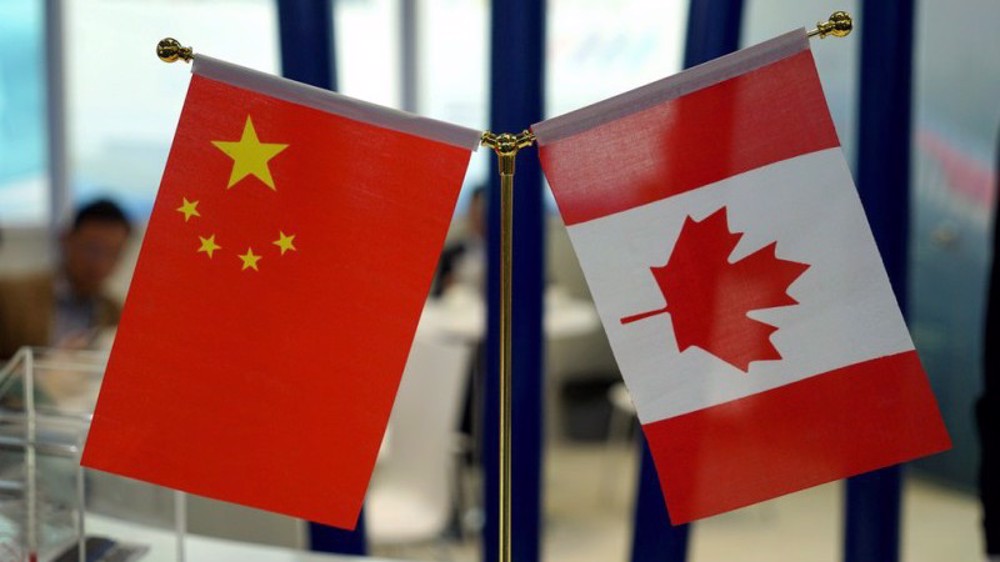


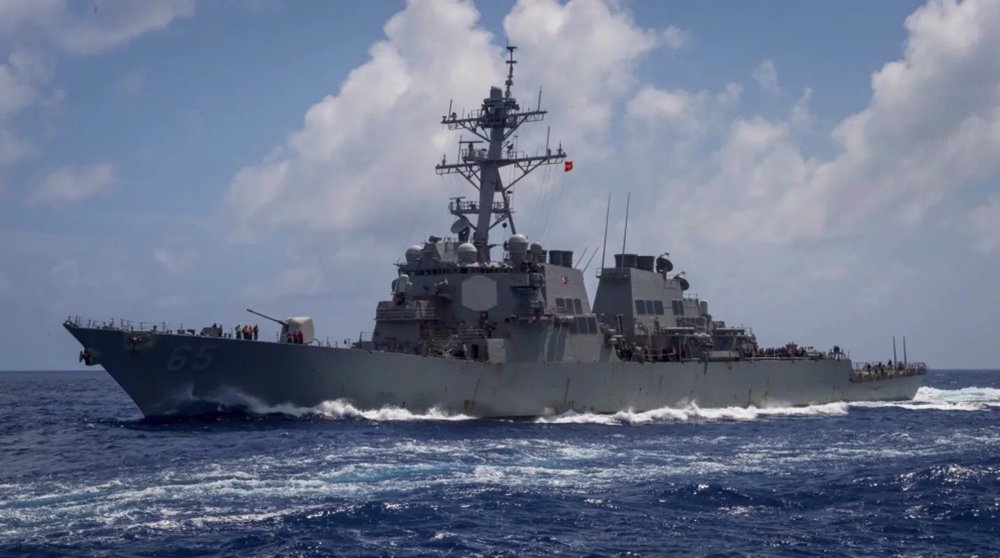
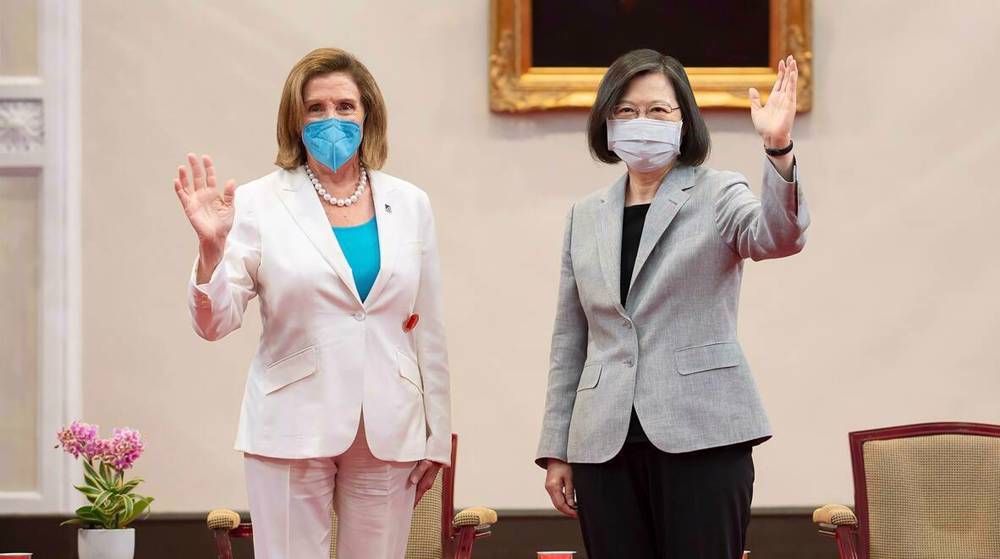

 This makes it easy to access the Press TV website
This makes it easy to access the Press TV website